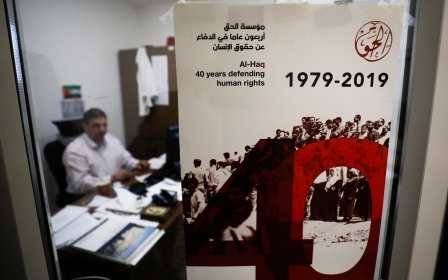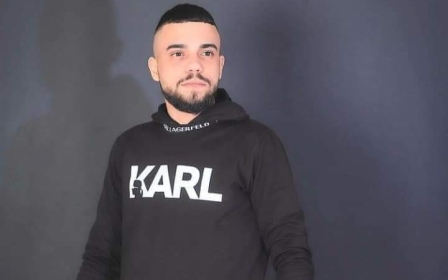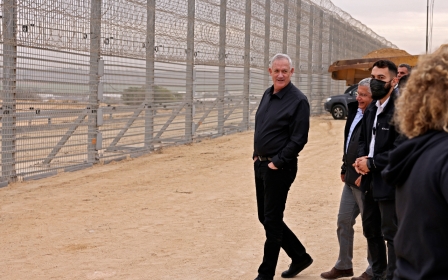Netherlands ends funding to Palestinian agricultural NGO outlawed by Israel
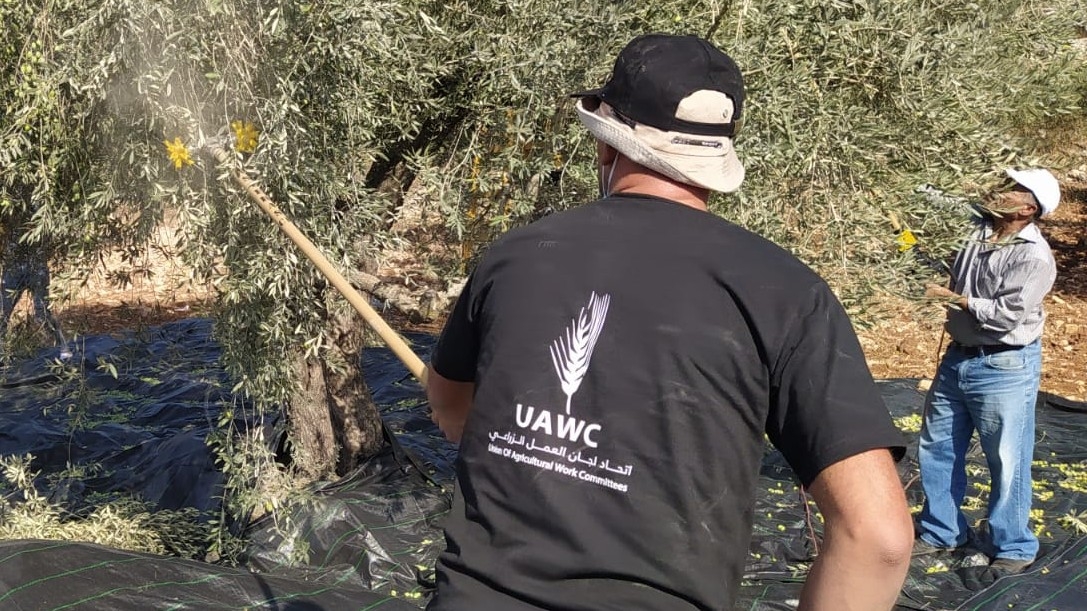
The Dutch government has ended its funding for Palestine's Union of Agricultural Work Committees (UAWC), one of six non-profit groups recently outlawed by Israel.
In October, Israel designated the Palestinian human rights groups "terrorist organisations," saying that they acted as "part of a network of organisations operating under cover in the international arena" on behalf of the Popular Front for the Liberation of Palestine (PFLP).
On Wednesday, UAWC said it was "shocked and saddened" by the Netherlands' decision to stop its funding.
"With this fateful decision, the Dutch government is not just abandoning UAWC, but Palestinian civil society at large," the statement said.
New MEE newsletter: Jerusalem Dispatch
Sign up to get the latest insights and analysis on Israel-Palestine, alongside Turkey Unpacked and other MEE newsletters
UAWC was outlawed by Israel along with Al-Haq, Bisan Center for Research and Development, Addameer, the Union of Palestinian Women's Committees (UPWC) and Defence for Children International – Palestine (DCI-P).
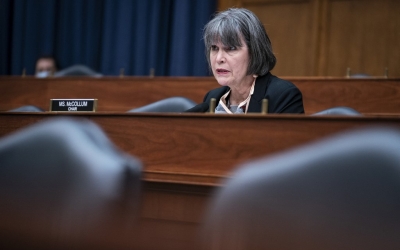
The decision has prompted condemnation from prominent human rights groups, including Human Rights Watch and Amnesty International, and the Israeli organisation B'Tselem.
UAWC was founded in 1986, a few months before the First Intifada in 1987, to support Palestinian farmers who suffered from the expansion of illegal settlements in the occupied West Bank and harassment during harvest seasons.
It said that the Dutch foreign ministry decision was "based on political conditionality".
Before permanently halting its funding, the Dutch government carried out an investigation into UAWC's projects and beneficiaries.
Dutch Foreign Minister Ben Knapen and Foreign Trade Minister Tom de Bruijn wrote that the investigation into UAWC had not found a direct link "organisationally or financially" with the PFLP. However, it found that 34 of the union's employees were active members of the PFLP at some point between 2007 and 2020.
"The external review shows that no evidence has been found of financial flows between the UAWC and the PFLP. Nor has any proof been found of organisational unity between the UAWC and the PFLP or of the PFLP's providing direction to the UAWC," the two Dutch ministers wrote in a joint statement.
However, they added that "there were ties at the individual level between UAWC staff and board members and the PFLP for some considerable time. The great number of UAWC board members with roles in both organisations gives particular cause for concern."
'Politically motivated'
The investigation was lambasted by UAWC as being politically motivated.
"From the onset, this investigation was politically motivated and responded to pressure of the Israeli government and malign organisations affiliated with it," it said.
'From the onset, this investigation was politically motivated and responded to pressure of the Israeli government and malign organisations affiliated with it,'
-Union of Agricultural Work Committees
In 2020, the Netherlands temporarily suspended its $24.3m donation to the UAWC after Israel accused two of its employees of killing a 17-year-old settler in August 2019.
The Netherlands has been a significant donor to UAWC since 2013. The Dutch government said that UAWC had breached trust and should have been transparent about some of its employees' activism within the PFLP.
The EU country did not make its investigation public.
Israel's foreign ministry hailed the decision, calling it “important and correct”.
"Israel will continue the conversation with the Netherlands and other countries about these organisations and how aiding them violates Israeli law," it said.
Middle East Eye delivers independent and unrivalled coverage and analysis of the Middle East, North Africa and beyond. To learn more about republishing this content and the associated fees, please fill out this form. More about MEE can be found here.


